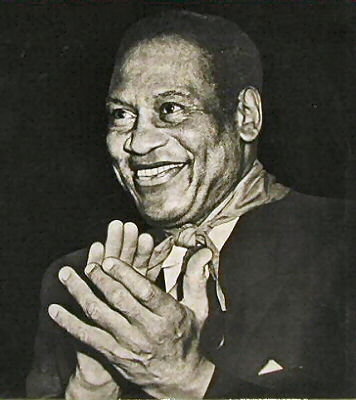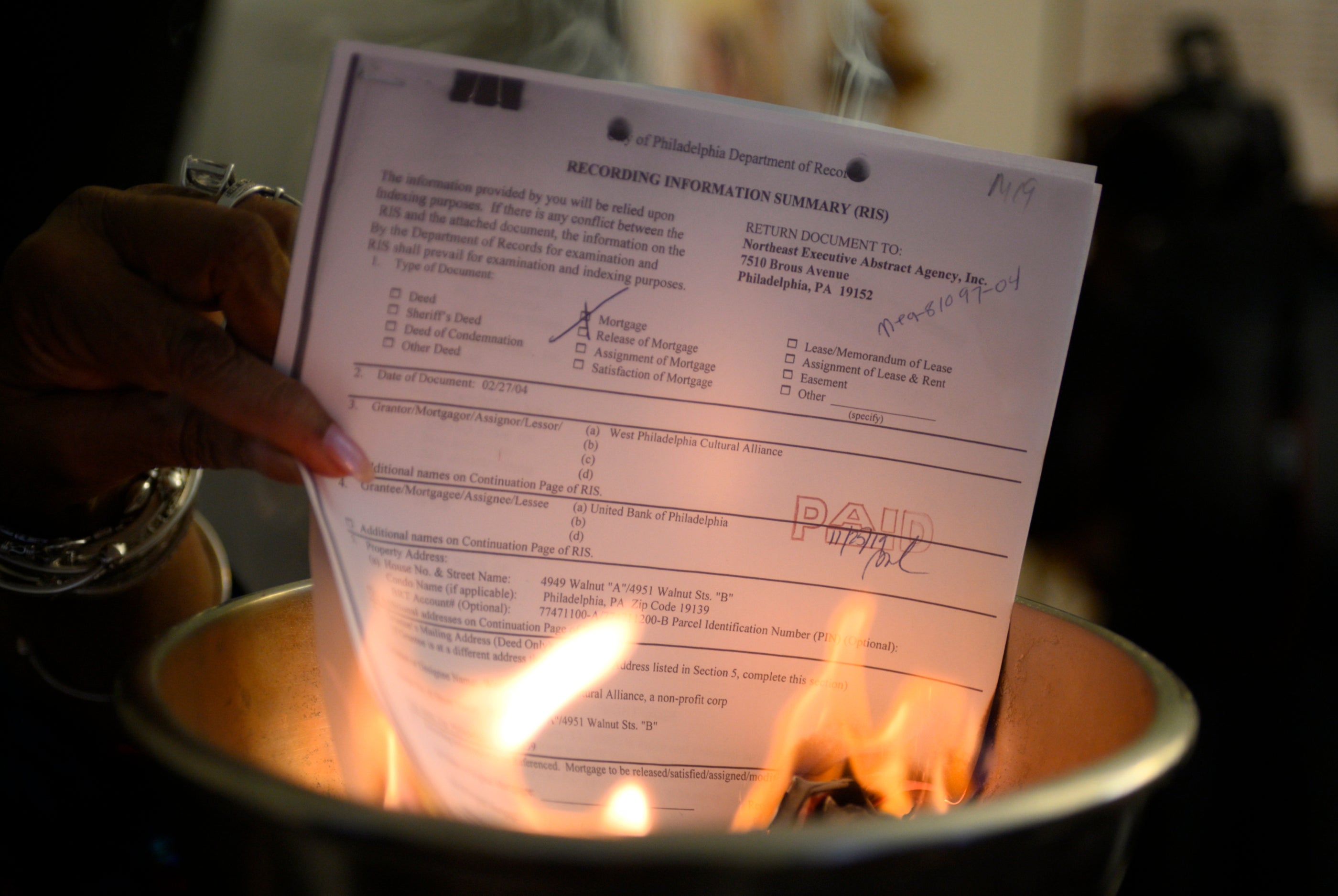

The scar, McQueen says “is another story”.Īshes features footage shot in Grenada of a beautiful young man named Ashes, sitting on the bow of a boat on an infinite blue sea, with blue skies above and a never-ending horizon symbolising the seemingly long life the man had ahead of him. Filmed from an unusual perspective using a single photograph of the top of his cousin’s scarred head, with the gripping narrative of the fateful accident on 7th November enough to hold the attention of the viewer. Courtesy the artist, Thomas Dane Gallery and Marian Goodman Galleryħth November is an emotional film narrated by McQueen’s cousin, who gives a first hand account of a tragic accident which resulted in the death of his brother, and the repercussions on his life and psyche. There is an innate pathos to McQueen’s oeuvre, and his lens captures the fragility of life and its unpredictability in 2 films shown here: 7th November (2001) tells the story of a terrible tragedy that befell to his own cousin, and Ashes (2002-15) is a two-sided film shot on Super 8, which depicts the joy of life juxtaposed with the finite nature of death. Featuring 14 key works across photography, film and sculpture and spanning 2 decades, the exhibition includes his earliest film Exodus 1992/9, and his most recent, ongoing film piece End Credits 2012-ongoing. The Tate Modern exhibition feels like a retrospective of McQueen’s art films that were shown in blue chip galleries before he became an Academy-Award winner with ‘12 Years A Slave’. McQueen also has an exhibition at Tate Britain documenting with photographic portraits Year 3 schoolchildren from his home town of London. London-born McQueen’s birth place is featured in the Tate Modern exhibition in Exodus (1992/ 97), a Super 8mm film documenting 2 men carrying palm trees through the streets of East London, and the director’s earliest film.


Spanning two decades of his career, the new Tate Modern exhibition demonstrates how McQueen’s unique approach to filmmaking has created powerful depictions of individual stories and narratives. The director of critically-acclaimed films including the Oscar-winning 12 Years a Slave (2013) Widows (2018) Shame (2010) and Hunger (2008) has carved out a stellar career with this uncompromising vision and examination through film of vital contemporary issues of identity, history and representation. Long overdue, this is the first major UK exhibition of Steve McQueen at the Tate since the Oscar-winning director won the Turner Prize in 1999. Courtesy the artist, Thomas Dane Gallery and Marian Goodman Gallery Thus have times changed, and not least because of the courage and sacrifice Paul Robeson, singer, actor, activist.Steve McQueen Ashes 2002-2015 Video still © Steve McQueen. The same Robeson who in the 1950s was robbed of his passport, blackballed by a frightened artistic establishment and shunned as a pariah well might be no more than a slightly controversial (but coveted) guest on the talk shows today.

But did he? His protests that scandalized Americans in the 1930s and 1940s would hardly cause a ripple today. Frustrated, exasperated, embittered finally, he sometimes seemed to embrace the cause of America's adversaries. It was, pathetically, his rejection by his native land that impelled him to say of Russia, "For the first time I walked the earth in complete dignity there." The proud and passionate man with the deep, melancholy voice said some bitter things about America. He had lived in Russia for a year and, as the Russians lionized him, he disastrously came to regard the Soviet Union as a progressive human experiment rather than as a destroyer of freedom. As the established civil rights movements, notably the National Association for the Advancement of Colored People found him too hot to handle, he almost inevitably drifted toward the extreme left.


 0 kommentar(er)
0 kommentar(er)
